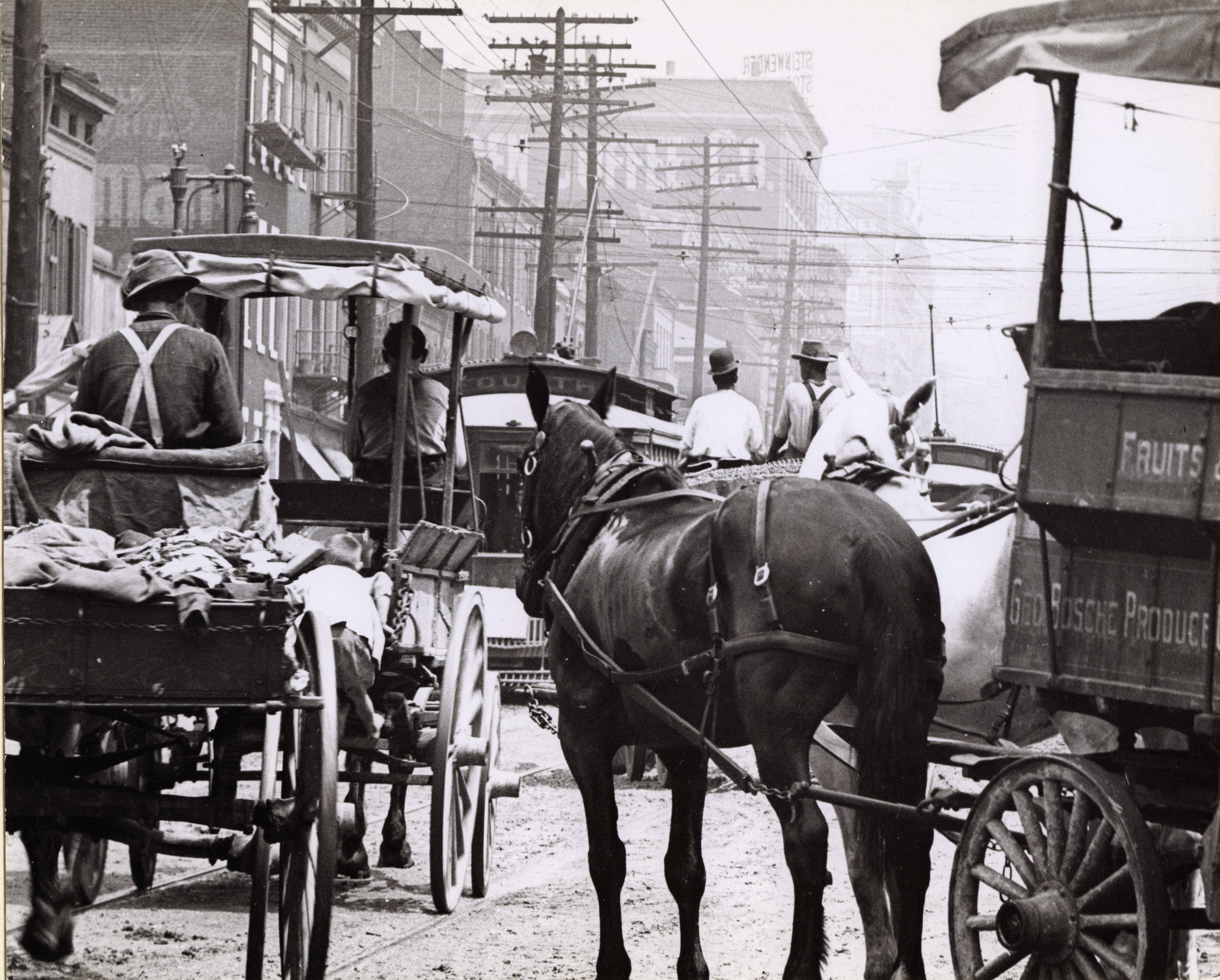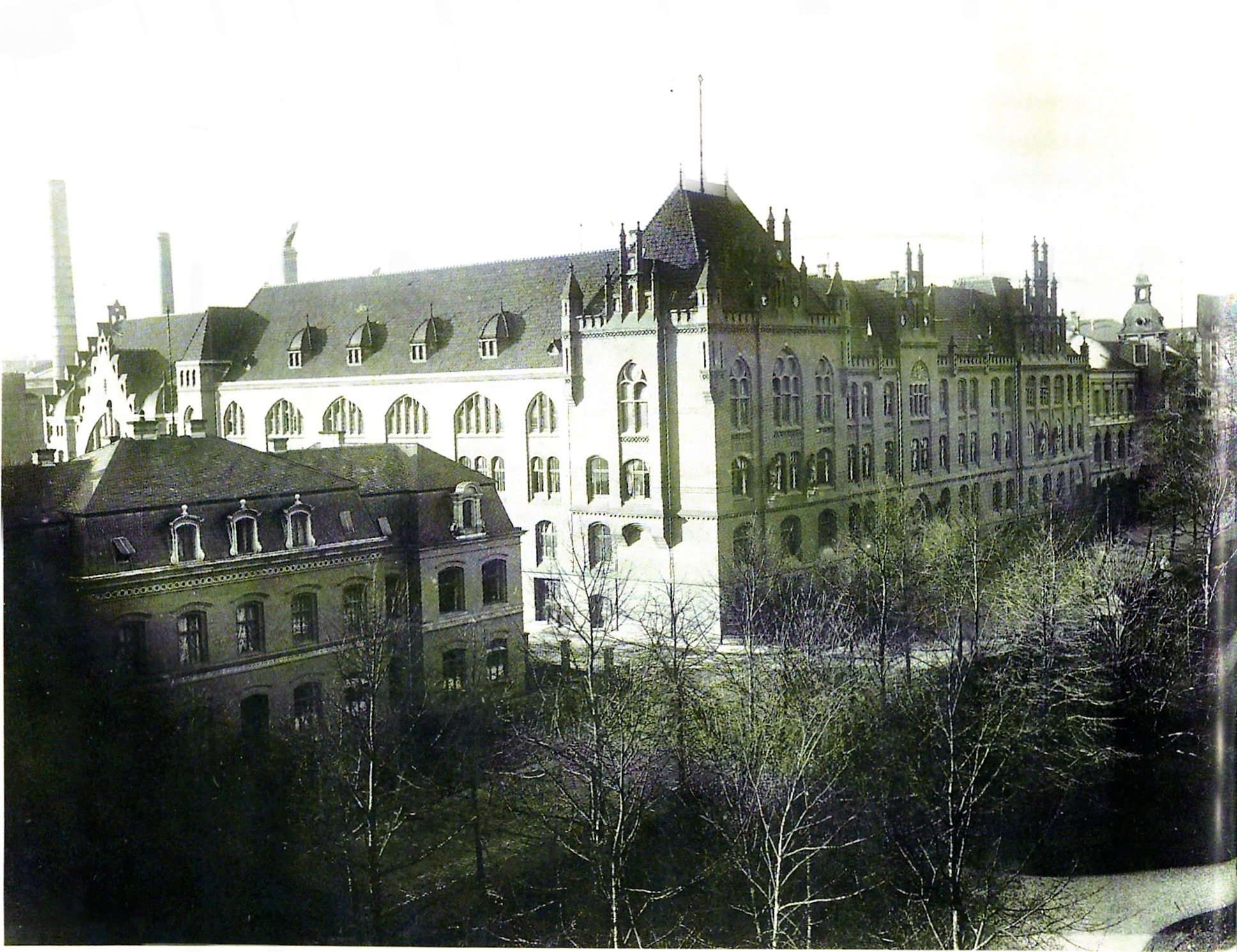|
Rob Van Gijzel
Rob van Gijzel (born 29 June 1954 in Eindhoven) is a Dutch politician. He is a former MP and was mayor of Eindhoven between 8 April 2008 and 13 September 2016. When Van Gijzel was a student, he became an active member of the Jonge Socialisten. He served as that organization's chairman in the period 1979-1982. He was a candidate for parliament for the PvdA and was finally elected to parliament for that party in 1989, where he served as caucus spokesman on the subject of Verkeer & Waterstaat (traffic, transport, public works and water management). Following the Bijlmer disaster he picked up the nickname ''Bijlmerboy'', due to his vociferous insistence on a full parliamentary inquiry into the aftereffects of the crash. After that inquiry, Van Gijzel was PvdA spokesperson in the debate on the findings of the parliamentary committee. In that function he joined Rob Oudkerk (who was on the committee) in voting for a motion of no confidence in health minister Els Borst. He was also t ... [...More Info...] [...Related Items...] OR: [Wikipedia] [Google] [Baidu] |
Mayor Of Eindhoven
This is a list of mayors of Eindhoven since 1920. In 2022, five surrounding municipalities merged into the municipality of Eindhoven, thus creating the municipality in its current shape. {, class = "wikitable sortable" , - ! Start ! End ! Mayor ! Party ! Remarks , - , 1 January 1920 , 12 February 1942 , Antoon VerdijkA. Verdijk overleden De Tijd , , Dismissed by the German occupation. , - , 1 February 1942 , 5 September 1944 , Hub Pulles , [...More Info...] [...Related Items...] OR: [Wikipedia] [Google] [Baidu] |
Traffic
Traffic comprises pedestrians, vehicles, ridden or herded animals, trains, and other conveyances that use public ways (roads) for travel and transportation. Traffic laws govern and regulate traffic, while rules of the road include traffic laws and informal rules that may have developed over time to facilitate the orderly and timely flow of traffic. Organized traffic generally has well-established priorities, lanes, right-of-way, and traffic control at intersections. Traffic is formally organized in many jurisdictions, with marked lanes, junctions, intersections, interchanges, traffic signals, or signs. Traffic is often classified by type: heavy motor vehicle (e.g., car, truck), other vehicle (e.g., moped, bicycle), and pedestrian. Different classes may share speed limits and easement, or may be segregated. Some jurisdictions may have very detailed and complex rules of the road while others rely more on drivers' common sense and willingness to cooperate. Organization ... [...More Info...] [...Related Items...] OR: [Wikipedia] [Google] [Baidu] |
Rijkswaterstaat
Rijkswaterstaat, founded in 1798 as the ''Bureau voor den Waterstaat'' and formerly translated to Directorate General for Public Works and Water Management, is a Directorate-General of the Ministry of Infrastructure and Water Management of the Netherlands. Its role is the practical execution of the public works and water management, including the construction and maintenance of waterways and roads, and flood protection and prevention. The agency was also involved in the construction of big railway projects such as the Betuweroute and the HSL-Zuid. The mission of the organisation is: "Rijkswaterstaat is de rijksdienst die werkt aan droge voeten, schoon en voldoende water én aan de vlotte en veilige doorstroming van het verkeer" (Rijkswaterstaat is the national agency that provides dry feet, clean and sufficient water and a quick and safe flow of traffic). The agency is divided in 10 regional, 6 specialist services and 2 special services. As of 15 May 2017, the director-general (DG ... [...More Info...] [...Related Items...] OR: [Wikipedia] [Google] [Baidu] |
Building Contractor
A general contractor, main contractor or prime contractor is responsible for the day-to-day oversight of a construction site, management of vendors and trades, and the communication of information to all involved parties throughout the course of a building project. Description A general contractor is a construction manager employed by a client, usually upon the advice of the project's architect or engineer. Responsible for the overall coordination of a project, general contractors may also act as building designer and foreman (a tradesman in charge of a crew). A general contractor must first assess the project-specific documents (referred to as a bid, proposal, or tender documents). In the case of renovations, a site visit is required to get a better understanding of the project. Depending on the project delivery method, the contractor will submit a fixed price proposal or bid, cost-plus price or an estimate. The general contractor considers the cost of home office overhead, gen ... [...More Info...] [...Related Items...] OR: [Wikipedia] [Google] [Baidu] |
Cartel
A cartel is a group of independent market participants who collude with each other in order to improve their profits and dominate the market. Cartels are usually associations in the same sphere of business, and thus an alliance of rivals. Most jurisdictions consider it anti-competitive behavior and have outlawed such practices. Cartel behavior includes price fixing, bid rigging, and reductions in output. The doctrine in economics that analyzes cartels is cartel theory. Cartels are distinguished from other forms of collusion or anti-competitive organization such as corporate mergers. Etymology The word ''cartel'' comes from the Italian word '' cartello'', which means a "leaf of paper" or "placard", and is itself derived from the Latin ''charta'' meaning "card". The Italian word became ''cartel'' in Middle French, which was borrowed into English. In English, the word was originally used for a written agreement between warring nations to regulate the treatment and exchange of p ... [...More Info...] [...Related Items...] OR: [Wikipedia] [Google] [Baidu] |
Parliamentary Inquiry Into Building Fraud (The Netherlands)
A parliamentary system, or parliamentarian democracy, is a system of democratic governance of a state (or subordinate entity) where the executive derives its democratic legitimacy from its ability to command the support ("confidence") of the legislature, typically a parliament, to which it is accountable. In a parliamentary system, the head of state is usually a person distinct from the head of government. This is in contrast to a presidential system, where the head of state often is also the head of government and, most importantly, where the executive does not derive its democratic legitimacy from the legislature. Countries with parliamentary systems may be constitutional monarchies, where a monarch is the head of state while the head of government is almost always a member of parliament, or parliamentary republics, where a mostly ceremonial president is the head of state while the head of government is regularly from the legislature. In a few parliamentary republics, among ... [...More Info...] [...Related Items...] OR: [Wikipedia] [Google] [Baidu] |

.jpg)

